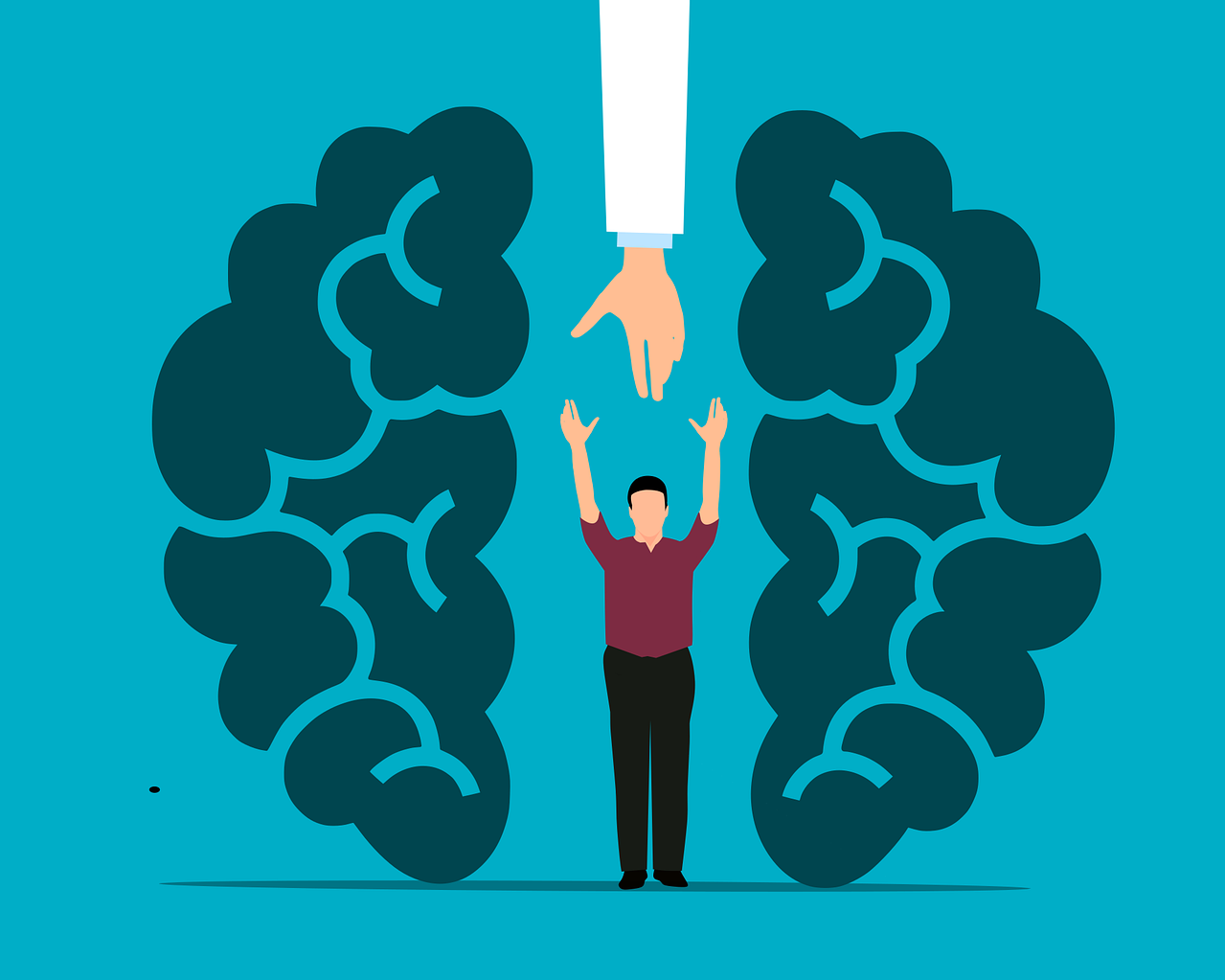Loneliness can affect anyone – regardless of age, background, or social life. At its core, loneliness is not simply about being alone, but about feeling disconnected, unseen, or misunderstood.
Loneliness Awareness Week offers an opportunity to raise awareness, deepen understanding, and support individuals in recognising the signs of loneliness in themselves and in others.
Why loneliness matters for mental health
Prolonged loneliness consequences are often underestimated and can be linked to increased risks of mental and physical health challenges, including:
- Depression and anxiety: Persistent feelings of isolation can intensify negative thought patterns and emotional distress.
- Low self-esteem: Loneliness may fuel beliefs of inadequacy or unworthiness, reinforcing social withdrawal.
- Sleep disturbances: A lack of connection is linked to disrupted sleep patterns, which further affect emotional regulation.
- Weakened immunity: Chronic loneliness has been shown to weaken the immune system, increasing vulnerability to illness and reducing the body’s ability to manage stress and inflammation effectively.
Checking in with others
As anyone can be affected, we all have a role to play in reducing loneliness for our friends, family and colleagues.
Be proactive
A simple message, phone call or visit can offer a meaningful reassurance and connection. Asking open, non-judgemental questions such as “how have you been feeling lately?” or “is there anything you need at the moment?” can create space for honest conversation and can show them your support.
Listen with empathy
Often, what someone needs most is a compassionate presence, rather than immediate solutions or advice. By normalising conversations about loneliness, we can help to reduce the stigma that can prevent people from opening up.
Actively facilitate inclusion
Whether in workplaces, community groups, or within families, small, intentional acts of inclusion — such as extending an invitation, or making space for others to contribute, can go a long way in helping someone feel seen, valued, and connected.
Managing our own experience of loneliness
Loneliness can be difficult to talk about, and even more difficult to tackle. However, there are some strategies you can use to help manage and reduce feelings of isolation:
Incorporate purpose
Engaging in meaningful activities, such as volunteering, learning something new, or creative expression, can enhance a sense of identity and belonging and reduce feelings of loneliness.
Strengthen existing relationships
Reach out to people you trust, even if it’s been a while. A friend, family member, or colleague might offer more support than you expect.
Seek opportunities for social connection
Create social connection outside of family or friends. Community groups, peer networks, or social clubs can provide consistent contact and shared experience.
Practice self-compassion
Understand that loneliness is not a personal failure, but a human signal that connection is needed.
Find help and support
Many organisations offer free, confidential support by phone, text, or online chat, such as Leeds Mind who offer a befriending service for those struggling with loneliness.
Creating a culture for connection
Loneliness Awareness Week is not just about recognising that loneliness is a common issue, it’s about fostering a culture where connection is prioritised.
By increasing awareness, encouraging honest dialogue, and promoting compassionate responses, we can begin to address loneliness not as a personal shortcoming, but as a widespread and treatable challenge.
Do you have any more tips on how to manage feelings of loneliness or how to best support others feeling lonely? Let us know at @northpointmh.bsky.social.



